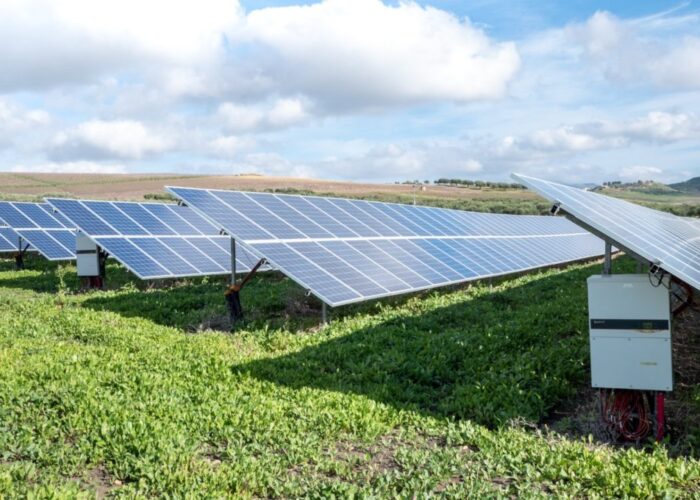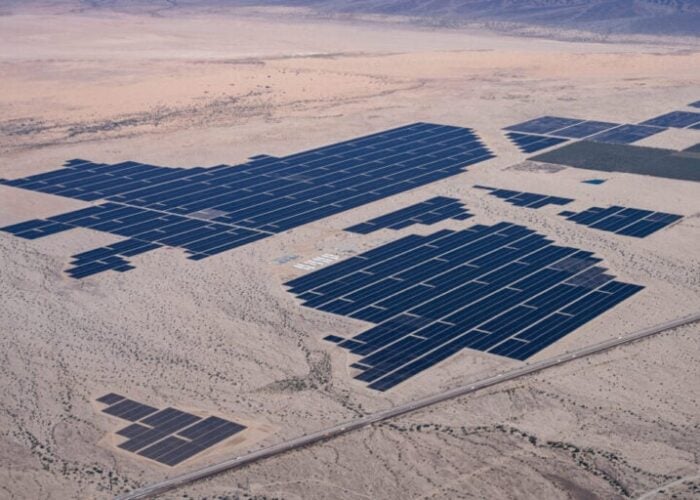The current rate of cut backs to support for solar energy could put the German energy transition at risk, the country’s solar trade body has warned.
The Federal Solar Industry Association (BSW-Solar) has claimed that while the cost of solar fell by 25% in the past two years, support schemes for the technology have been cut in half.
Unlock unlimited access for 12 whole months of distinctive global analysis
Photovoltaics International is now included.
- Regular insight and analysis of the industry’s biggest developments
- In-depth interviews with the industry’s leading figures
- Unlimited digital access to the PV Tech Power journal catalogue
- Unlimited digital access to the Photovoltaics International journal catalogue
- Access to more than 1,000 technical papers
- Discounts on Solar Media’s portfolio of events, in-person and virtual
The country installed 3.3GW in 2013 according to BSW, figures in line with the Federal Network Agency’s data in early December. That compares to 7.6GW in the previous year.
Carsten Körnig, managing director of BSW-Solar, warned the new government’s continued feed-in tariff degression plans must be slowed.
“The further expansion of solar energy as the main pillar of energy supply is an indispensable climate policy and is now affordable. Now is the time to take advantage of the considerable potential of solar energy for the energy revolution,” he said.
“It cannot be that we stall the development of solar energy just now where photovoltaics has become so inexpensive,” added Körnig.
Monthly decreases in support of 1.4% have begun to outpace reductions in cost and BSW argues a more intelligent design is required to ensure solar receives adequate support, without passing on unreasonable costs to electricity bills.
Since announcing the planned shutdown of all its nuclear power plant the country has increased its dependency on coal for baseload power and renewables.
The cost of supporting Germany’s installed renewables, and solar power in particular, has become the focal point for those seeking lower energy prices in the country.
The new coalition government has set out a renewable energy target range for 2025 of between 55% and 60% by 2035. Critics argue this should be revised to 60%.







